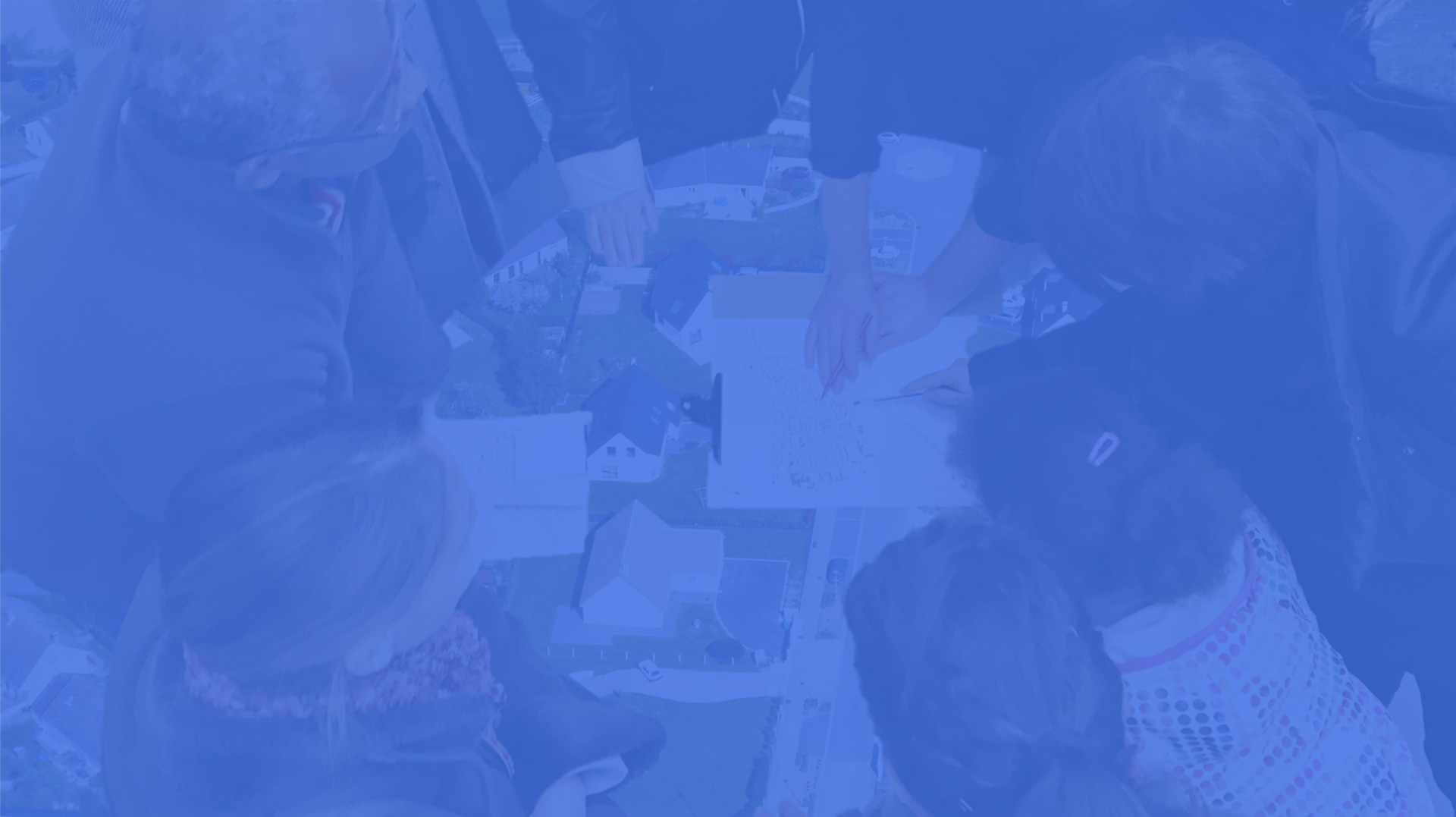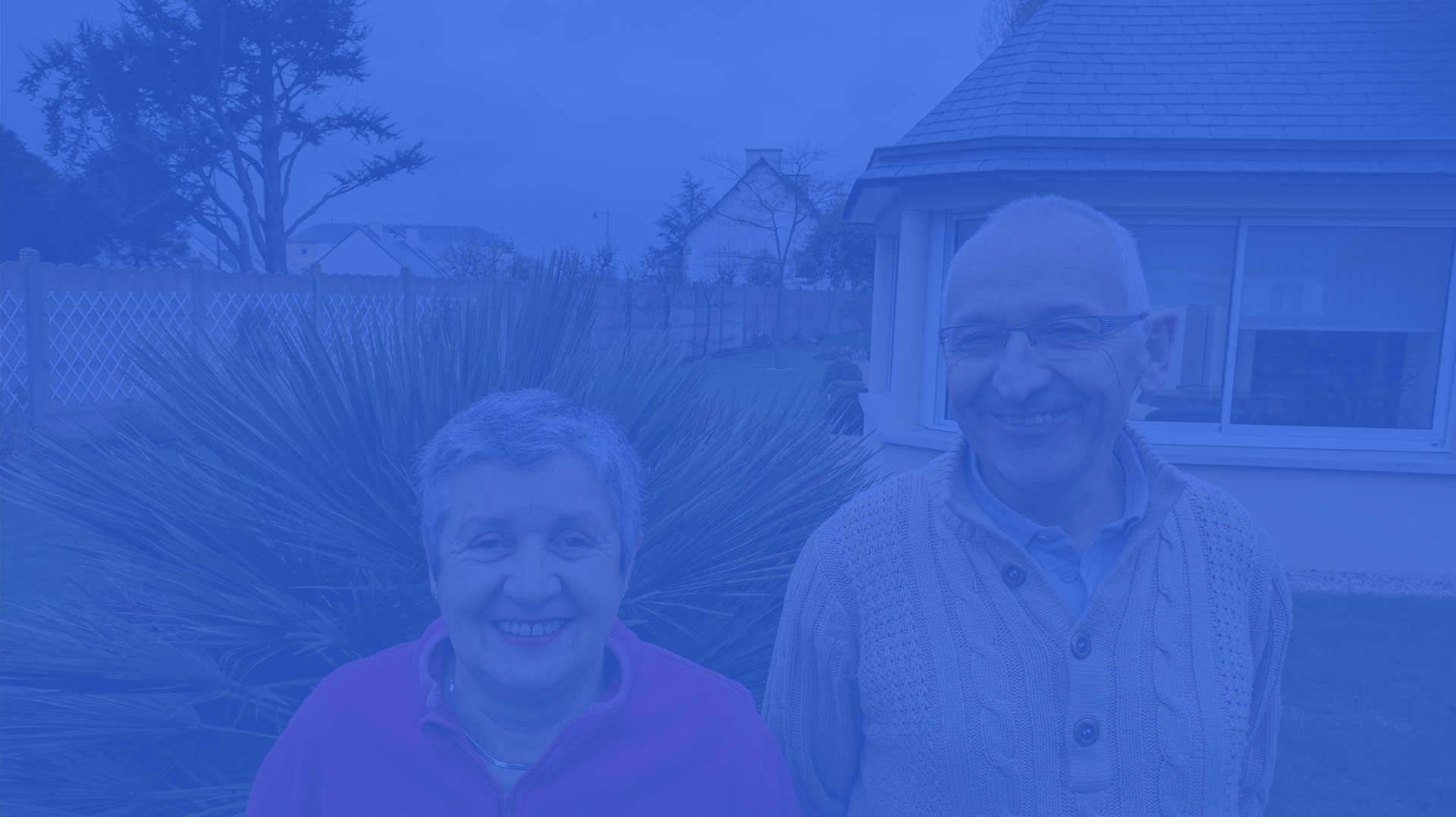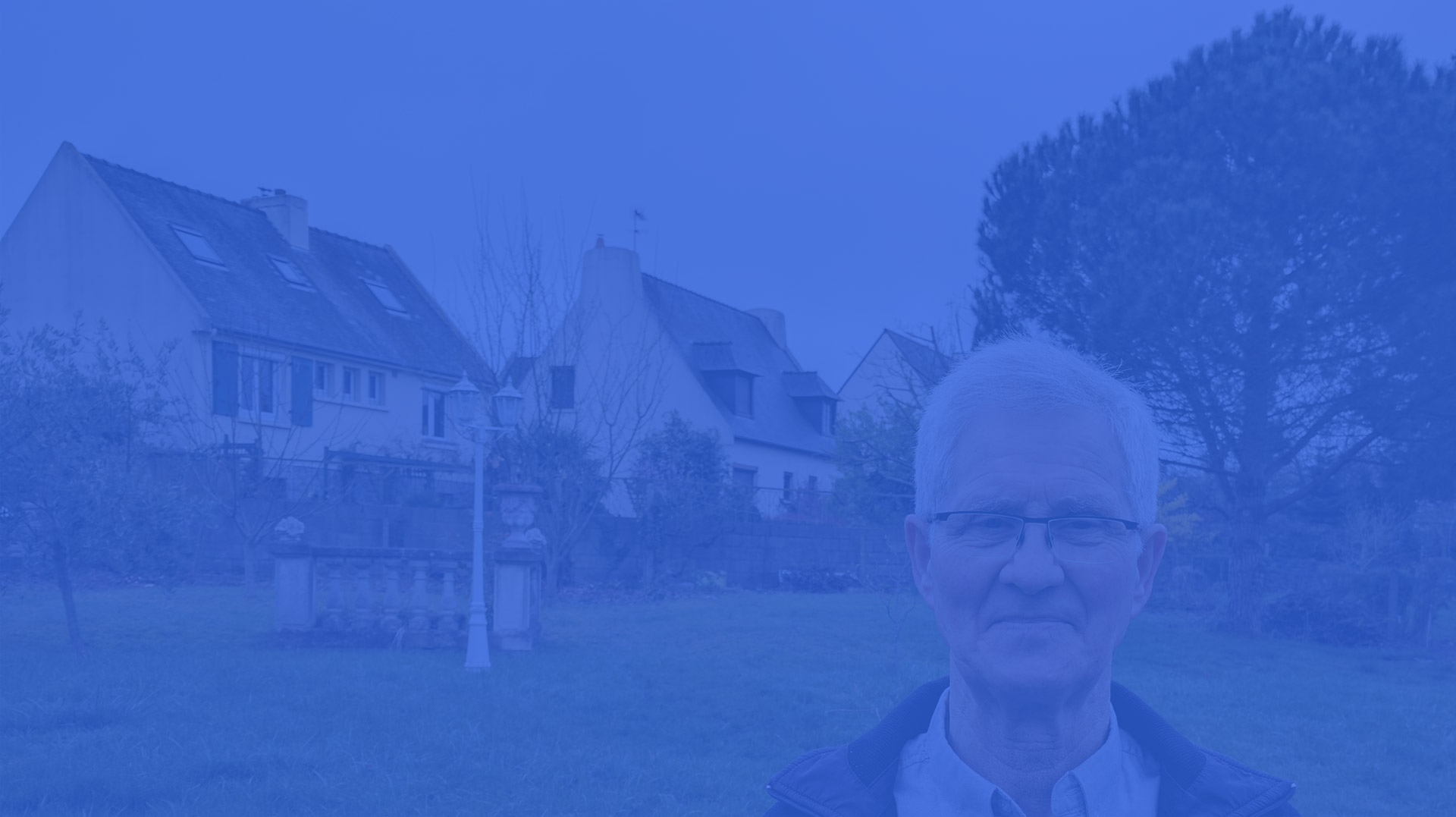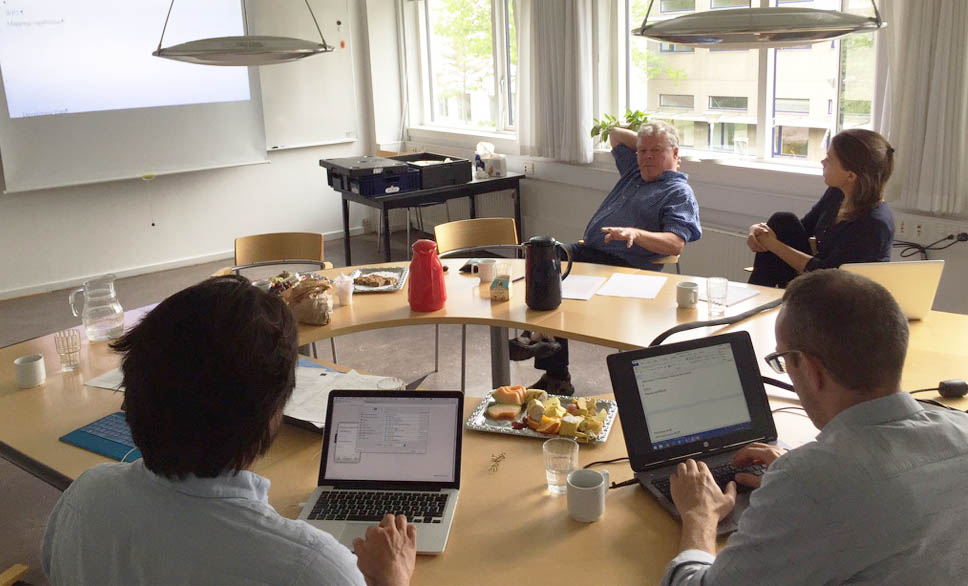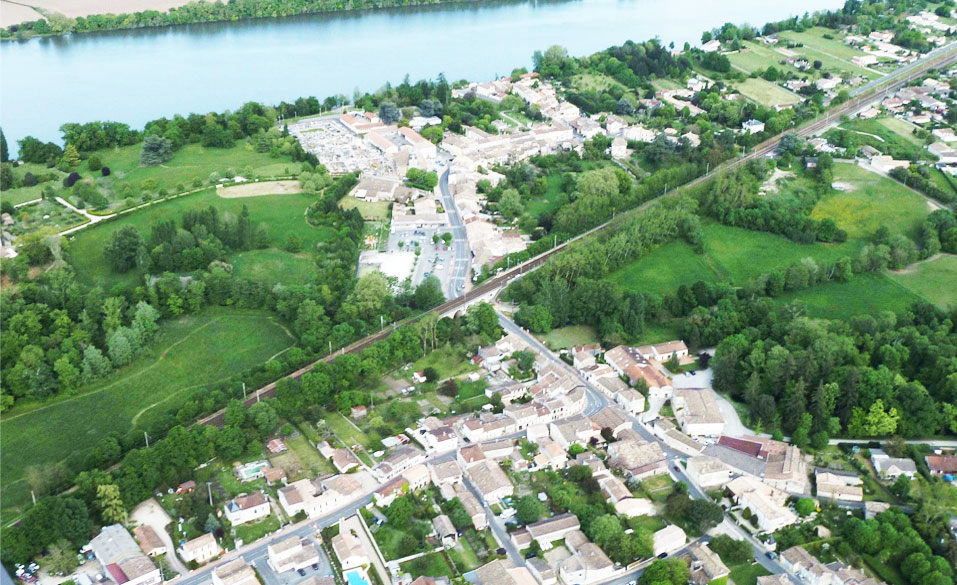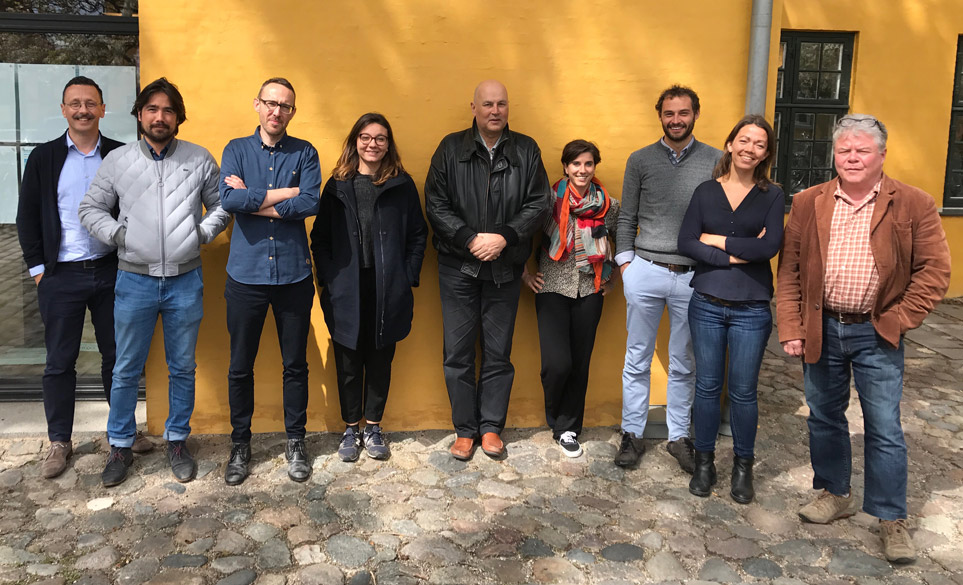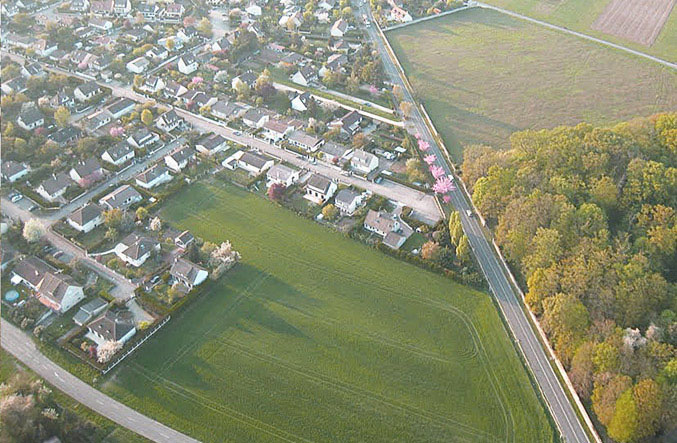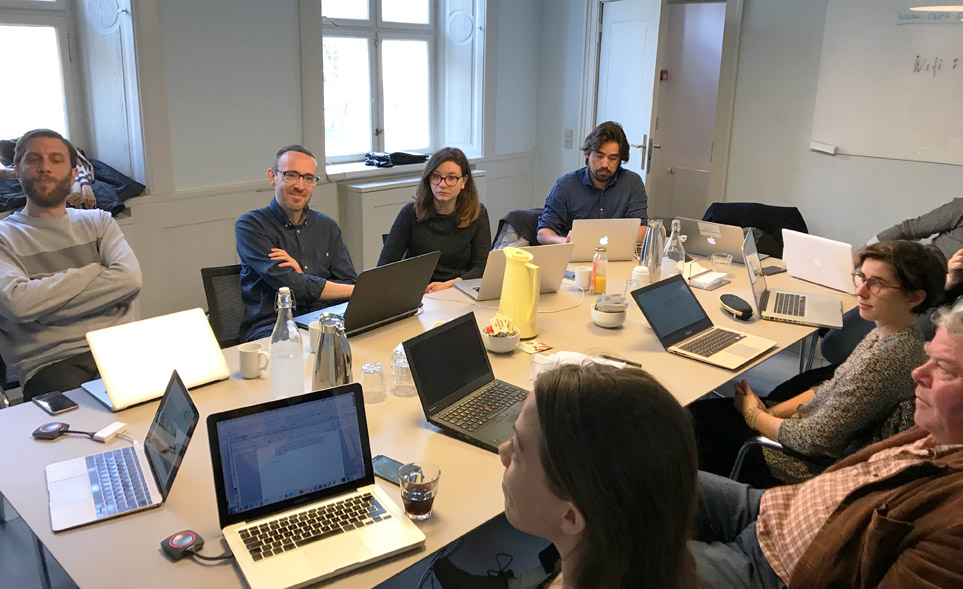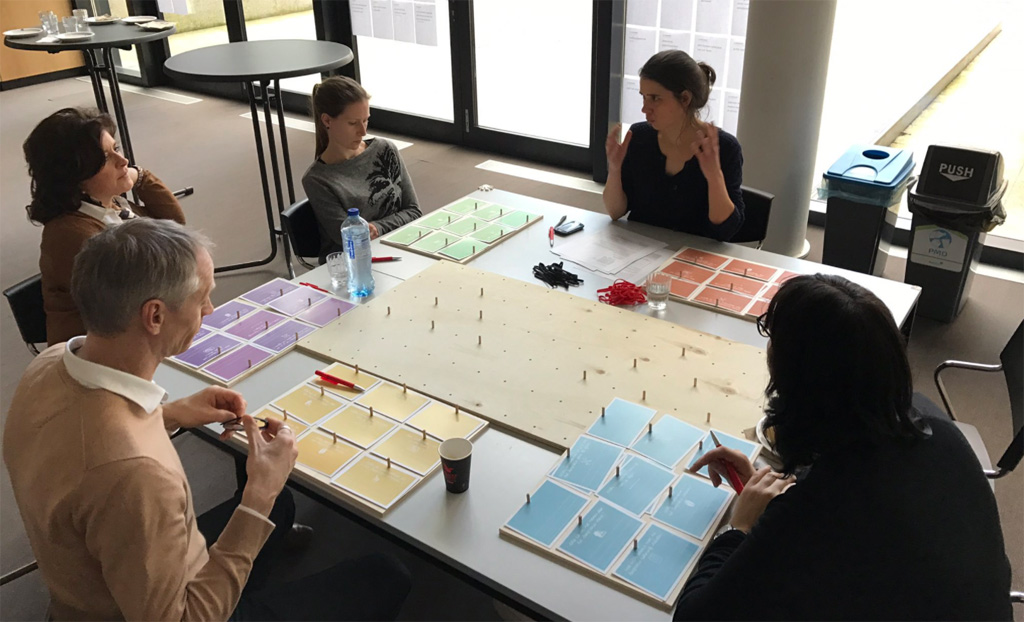
1° Focus on residential subdivisions retroffiting / 2° Action research initiating capacity building processes in 6 residential subdivisions located in Belgium, Denmark and France / 3° Location-based experiential learning methods ( telling, making, enacting).
Expected results
The expected results are a theoretical framework directed at academics, and an operational framework directed at professionals; local authorities, local communities, etc. and a learning network on capacity building to retrofit residential subdivisions.
Neighbourhoods
Oud-Turnhout (B) (Demand for more affordable houses). Lanaken (B) (Retrofit residential subdivisions) Viby (Dk) (increase quality of residential subdivisions in a well equipped area) Périgueux (F) (stop population decrease by mining buildable plots in developed areas). Aix-En-Provence (F) (Growing population, lack of available land).
Conceptual frameworks
“Collective learning methods” (Brandt et al. =, 2013)
“Experiential learning” (Kolb, 1985), “Key collective
capabilities” (Baser & Morgan, 2008).
Project coordinator Hasselt University (Belgium). Project Partner 2
Intrastructures (Belgium). Project Partner 3 Roskilde University (Denmark).
Project Partner 5 Ecole Nationale Supérieure d’Architecture de Marseille
(France). Project Partner 6 Lab InVivo (France)
Meet The Team
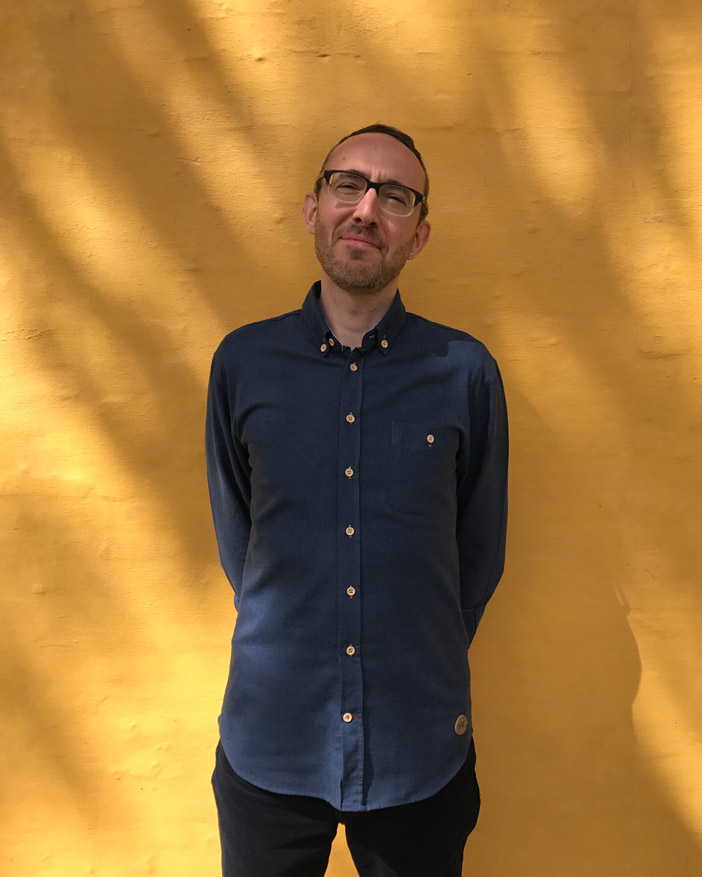
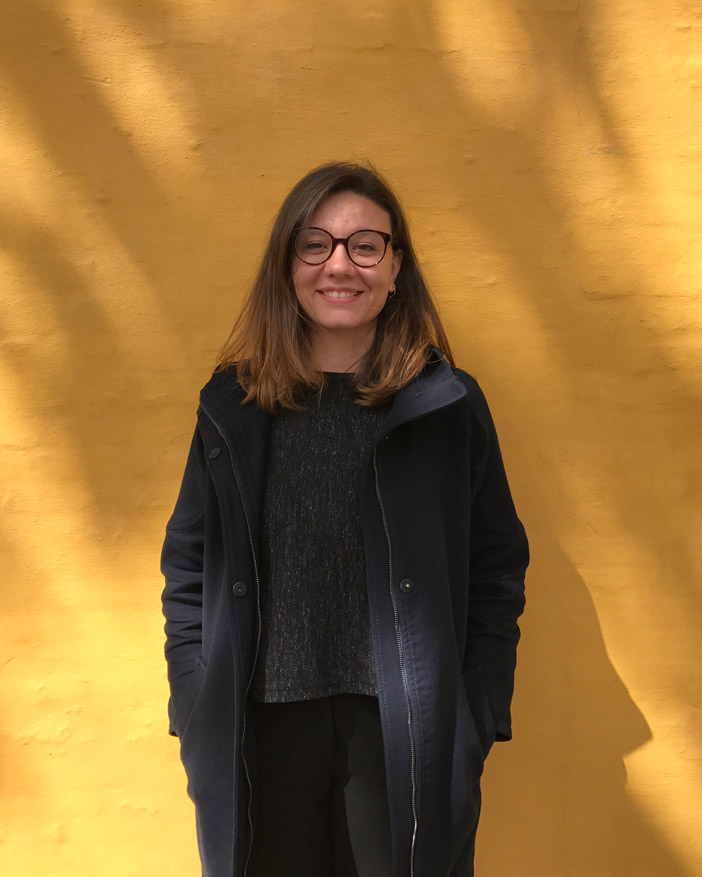
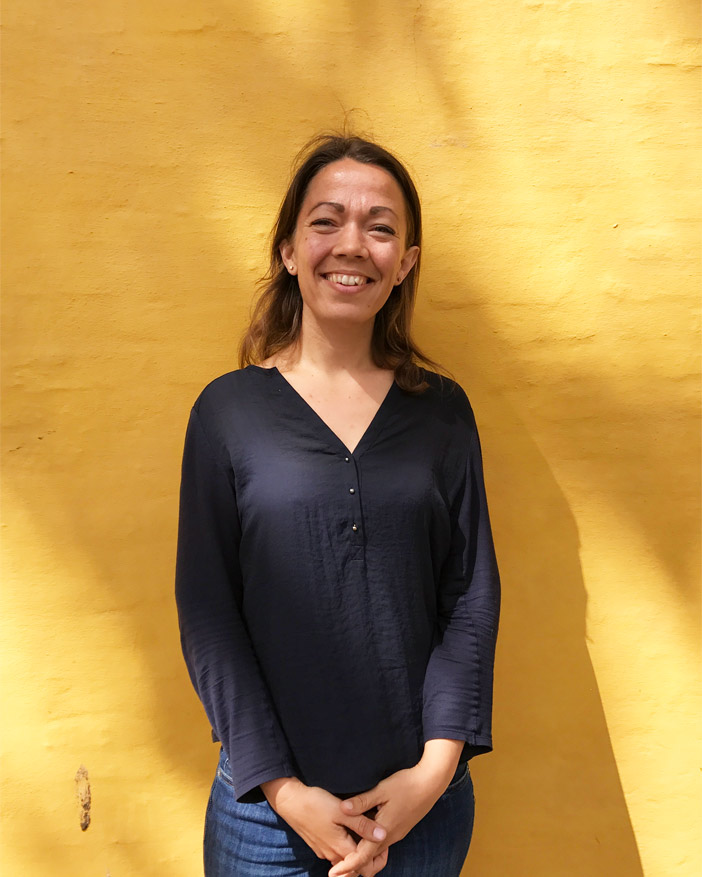
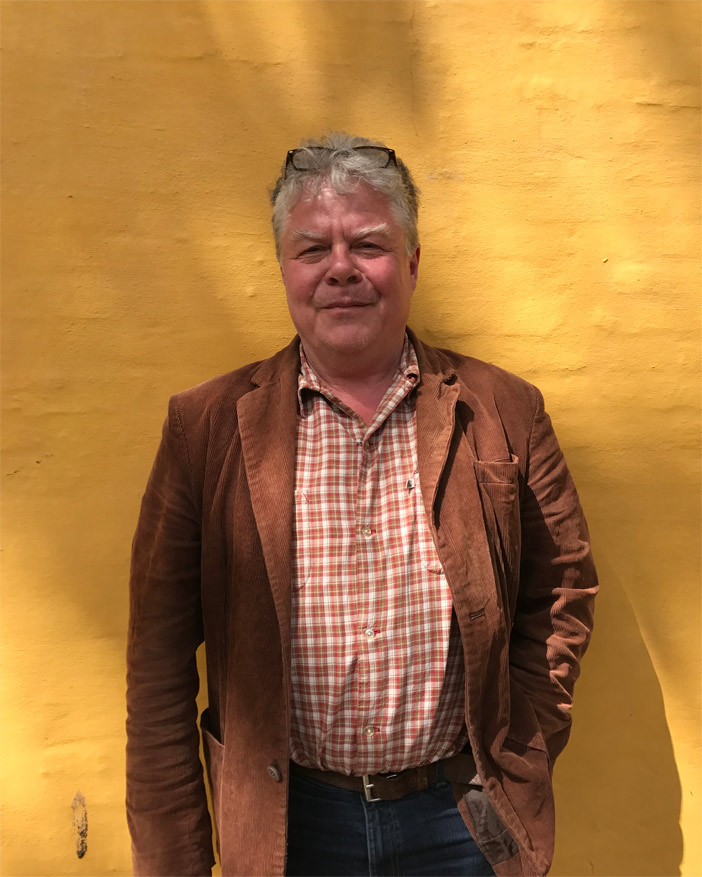
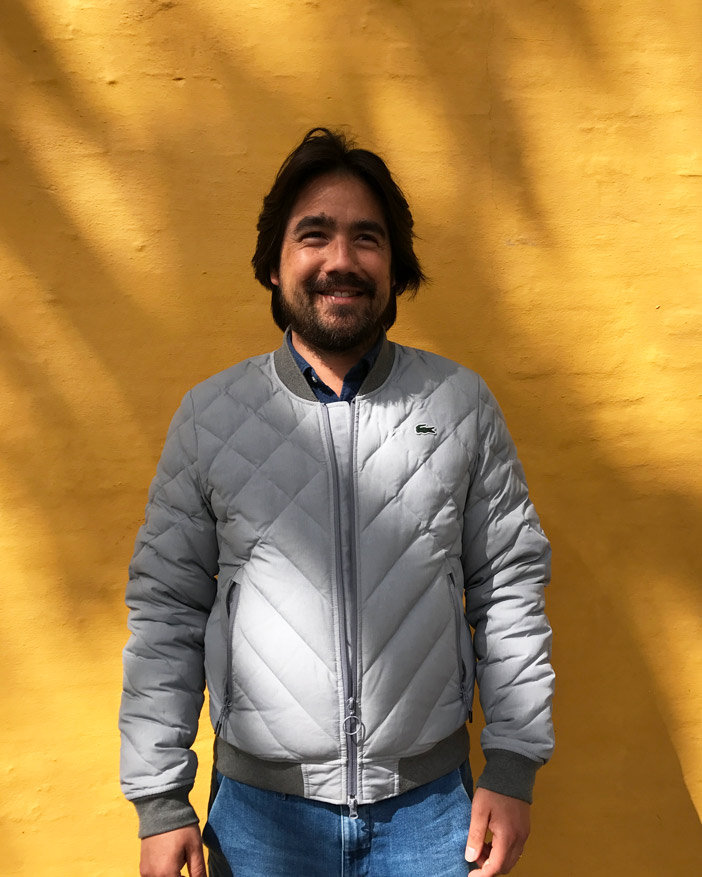
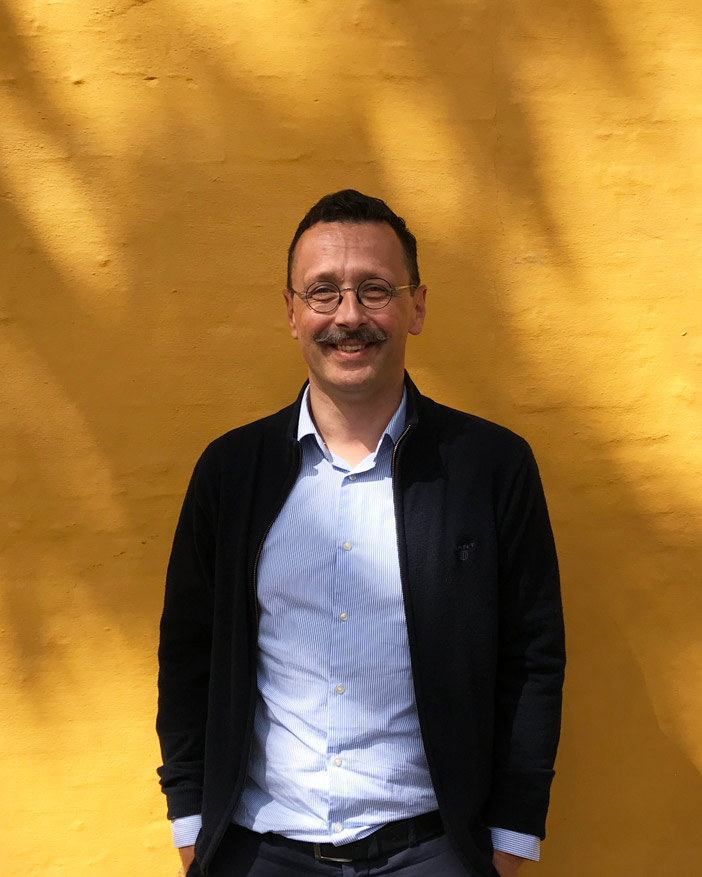


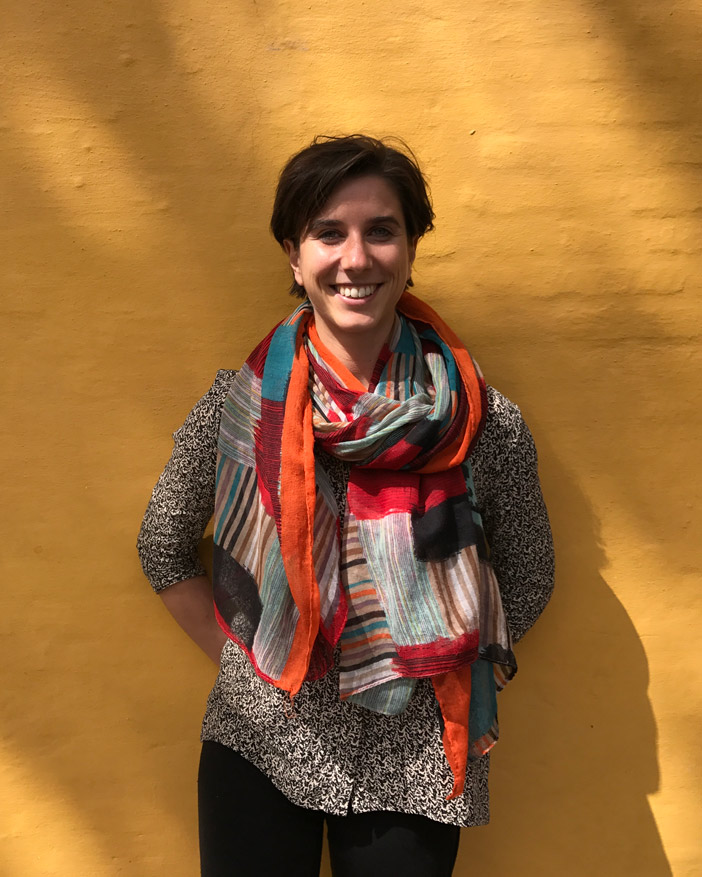
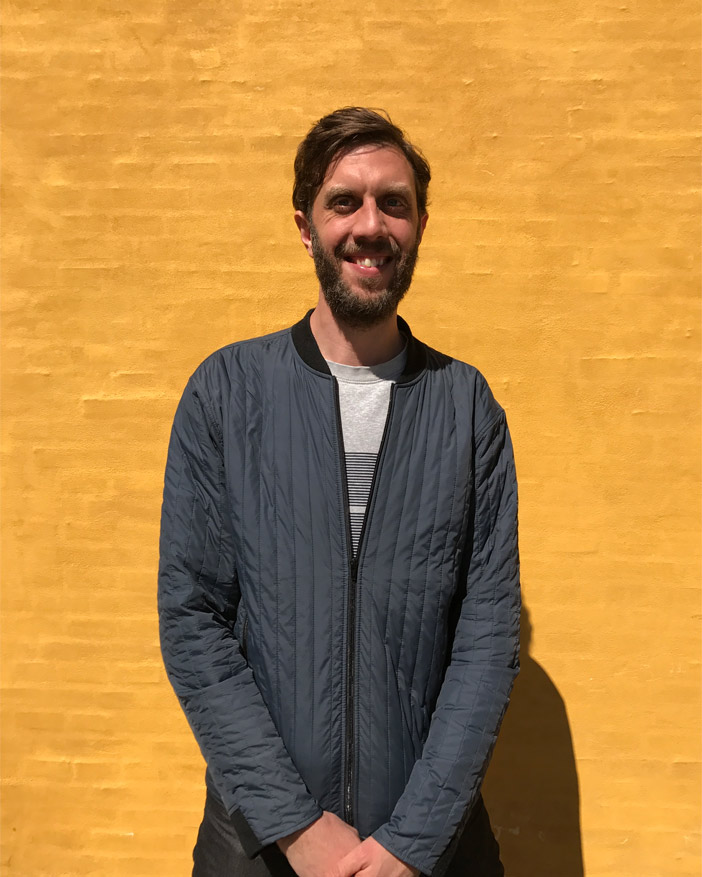
Contact
OSWALD DEVISCH
Hoofddocent – Associate Professor
Faculteit Architectuur & Kunst – Faculty of Architecture & Arts
T +32(0)11 29 21 19 – GSM +32(0)485 96 80 61
www.uhasselt.be
Universiteit Hasselt – Campus Diepenbeek
Agoralaan Gebouw D – B-3590 Diepenbeek
Kantoor E-B07



